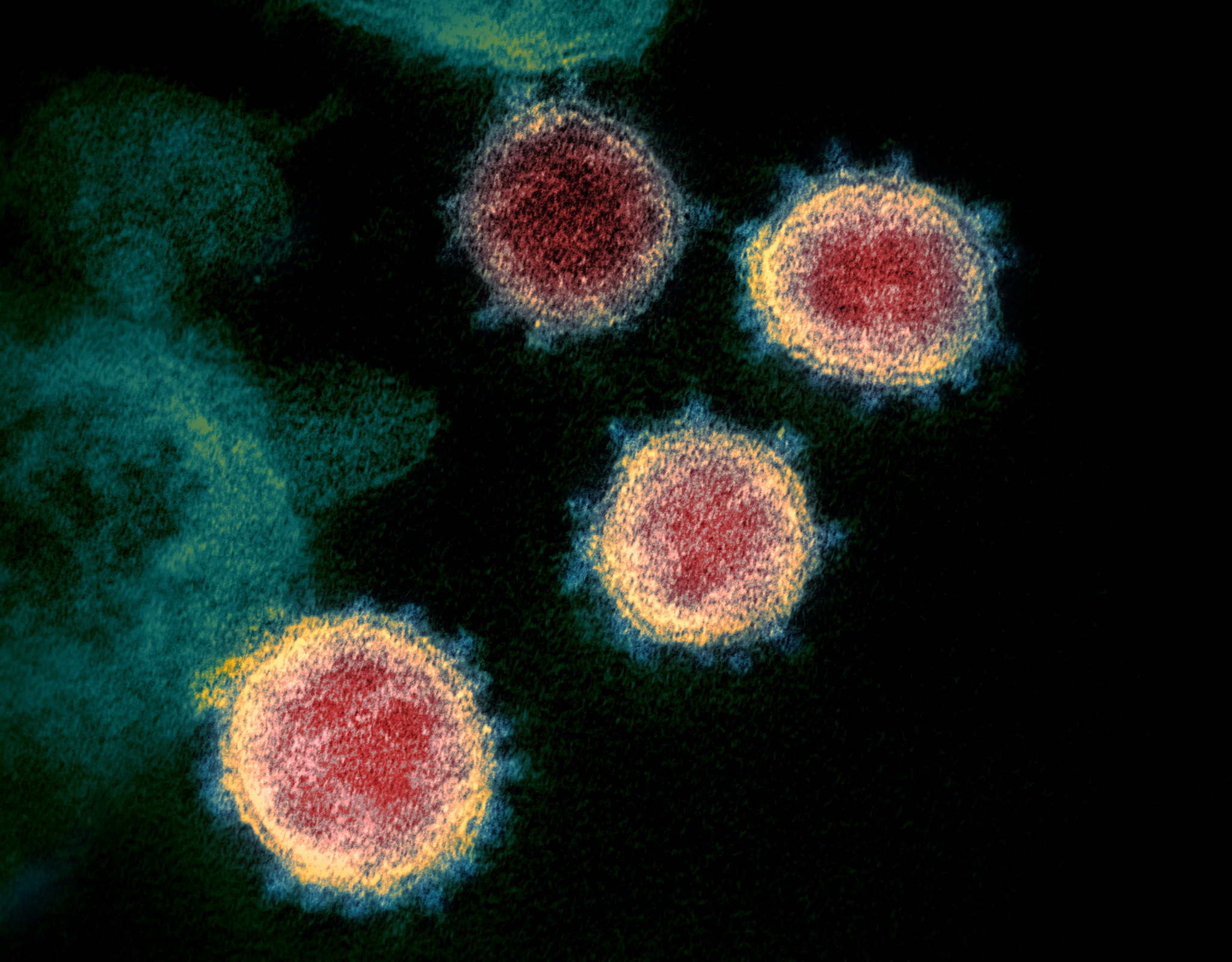Coronavirus re-infection case confirmed in the US

There is growing evidence that the coronavirus may be able to re-infect patients, and a new instance of a second infection has been confirmed in the US.
It is the fifth confirmed reinfection worldwide after at least four other cases were confirmed in Belgium, the Netherlands, Hong Kong and Ecuador.
The latest case was recorded in the Lancet Infectious Diseases journal and involved a 25 year-old man with no known immune disorders or underlying conditions.
Although the authors said further research was needed, they said the findings suggested previous exposure may not confer immunity and that people should comply with control measures.
The second infection of the patients from Washoe County, Nevada, was more severe than the first and resulted in hospitalisation and oxygen support.
The man tested positive for the virus in April this year and later tested negative on two separate occasions.
Genetic sequencing of the virus showed the man was infected twice by different strains of the SARS-CoV-2 virus.
Authors suggested that more research was needed to find out low immunity could last, suggesting that the man may have developed more serious symptoms the second time round after receiving a higher dose.
The second strain encountered may have been more virulent than the first, researchers suggested.
Hearing loss
Other new discoveries about the novel virus include a link with permanent hearing loss, which occurred in a 45 year-old man who contracted the disease in the UK.
It’s the first such case to emerge with the coronavirus, although sudden hearing loss can follow other viral infections including flu.
The BMJ Case Reports journal said that steroid drugs could help avoid hearing damage if they were given early enough.
The patient had asthma and was admitted to a London hospital with COVID-19 symptoms and was transferred to intensive care after struggling to breathe.
After being put on a ventilator and treatment with several drugs the man began to recover after around 30 days.
But a week after the breathing tube the patient experienced tinnitus followed by sudden hearing loss in his left ear, with tests suggesting the loss was linked to damage to the auditory nerve rather than blockage in the ear canal.
While steroid treatment has mitigated the damage, the man was left with some irreversible hearing loss.
Feature image courtesy of Rocky Mountain Laboratories/NIH











